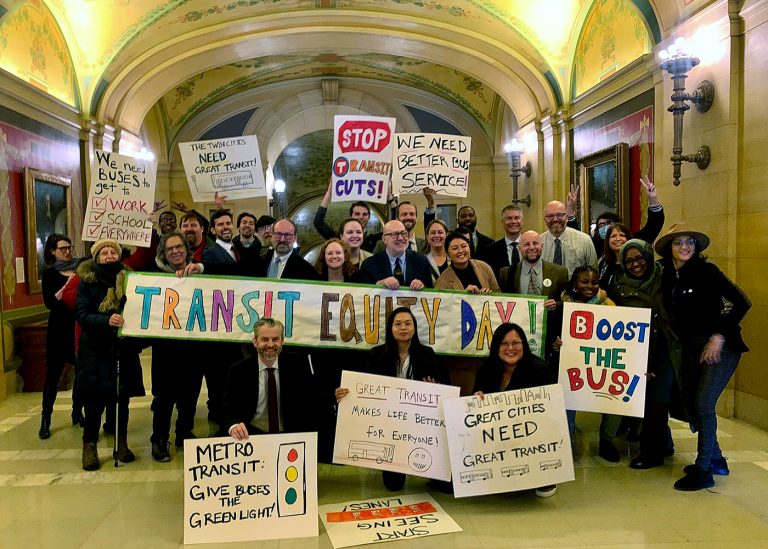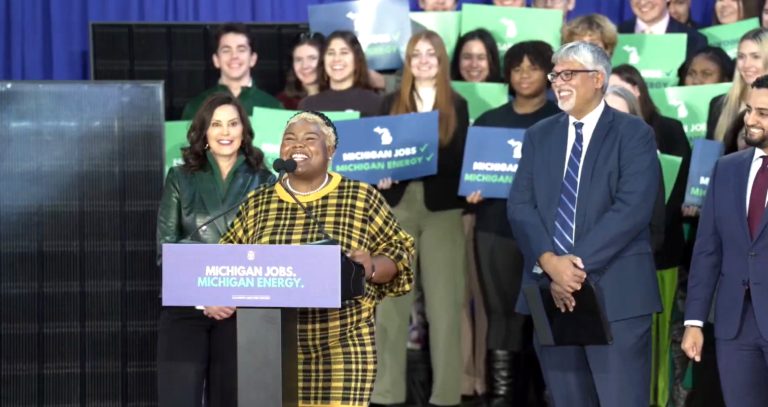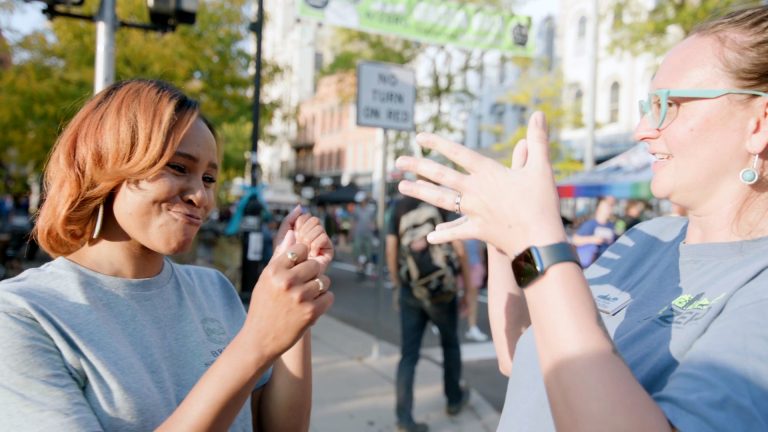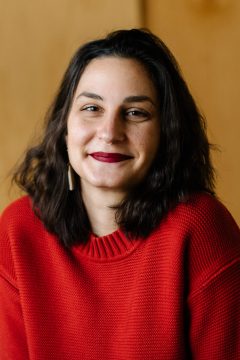The following interview was originally published on Clean Energy Resource Teams’ (CERTs) blog.
Clean Energy Resource Teams: Can you tell us a little bit about what you do in the energy world in Minnesota?
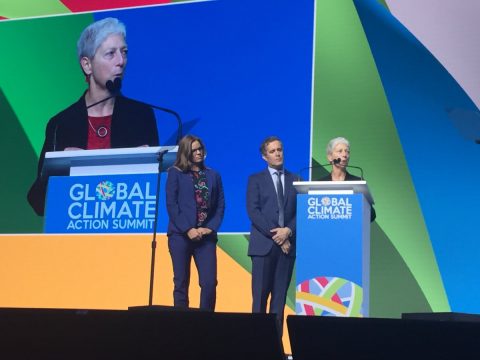
Kate Wolford: I serve as president of the McKnight Foundation, a Minnesota-based family foundation. One of our goals is to foster midwest leadership in accelerating the transition to a low-carbon future. We support policies that spur market innovation and adoption at scale of measures to reduce greenhouse gas emissions, for example in energy efficiency and renewables. We also support programs like CERTs that bring the tangible benefits and cost-savings of energy efficiency and clean energy into people’s daily lives.
CERTs: How did you get into this work?
Kate Wolford: Prior to McKnight, I was engaged in international work at the intersection of poverty reduction and natural resource management. I worked mostly in rural areas with no access to electricity—it is exciting to see more and more of those areas leapfrogging to distributed solar energy. When I joined the Foundation, I worked with our board of directors to deepen our understanding of climate science and support economic solutions that safeguard our planet for future generations. We pursue decarbonization goals as an institutional investor as well as a grantmaker.
“The economy of the past was built on fossil fuels, but the economy of the future is clean, renewable, and resilient.”-KATE WOLFORD, PRESIDENT, McKNIGHT FOUNDATION
CERTs: What is a typical day like for you? 
Kate Wolford: We have a diverse set of programs so I find myself toggling across many issues. On any given day, that could span from electrifying transportation to closing opportunity gaps in education to the latest advances in neuroscience research. My role is to ensure alignment with our values and optimize the use of all our resources to advance our goals and public benefit.
CERTs: What are the best and worst parts of your job?
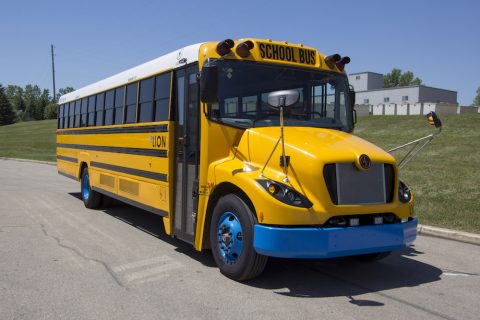
Credit: Dakota Electric Association
Kate Wolford: Best Part: The best part is working collaboratively with the business, civic, and public sectors on some of society’s most pressing challenges and opportunities. Minnesota’s cross-sector leadership created our pioneering bipartisan Next Generation Energy Act in 2007 and other market-friendly policies. Fast forward to the present. In Minnesota, jobs in renewables grew 15% since 2015 and energy efficiency is helping towns across the state save money. Instead of breathing dirty exhaust from a school bus, kids in Lakeville, MN ride an electric bus powered by wind. The result is cleaner air and lower operating costs. Now imagine if that scaled to every school across the state. This is the future—the question for us is whether we lead or lag in getting there.
Worst Part: When Minnesota leads, it is because of pragmatism, not dogmatism. So I worry about the state following the national trend of entrenched polarization and political dysfunction, fueled by the bots and ‘gotcha’ sound bites of social media feeds and other forces we are just beginning to understand. That makes it more difficult to forge common sense solutions.
CERTs: What about your job inspires you?
Kate Wolford: Being surrounded by creative, curious, purpose-driven staff and grantees inspires me every day. In terms of the shift to clean energy, this sounds super geeky, but I am inspired by cost curves! Seriously, given advances in technology and the rapidly falling costs of solar and wind, unsubsidized renewables are now cheaper than coal and natural gas. Sound policies can send the right signals for future waves of business innovation and scale.
CERTs: What advice do you have for women who are thinking about working in energy?
Kate Wolford: The economy of the past was built on fossil fuels, but the economy of the future is clean, renewable, and resilient. I am thrilled to have a college-age niece who wants to become an engineer to expand clean energy access across the globe. You can be part of this exciting transformation in business, policy, and civic sector organizations.
